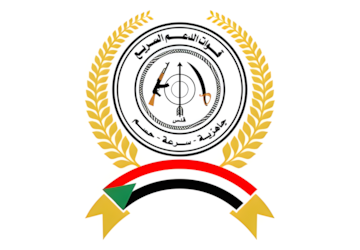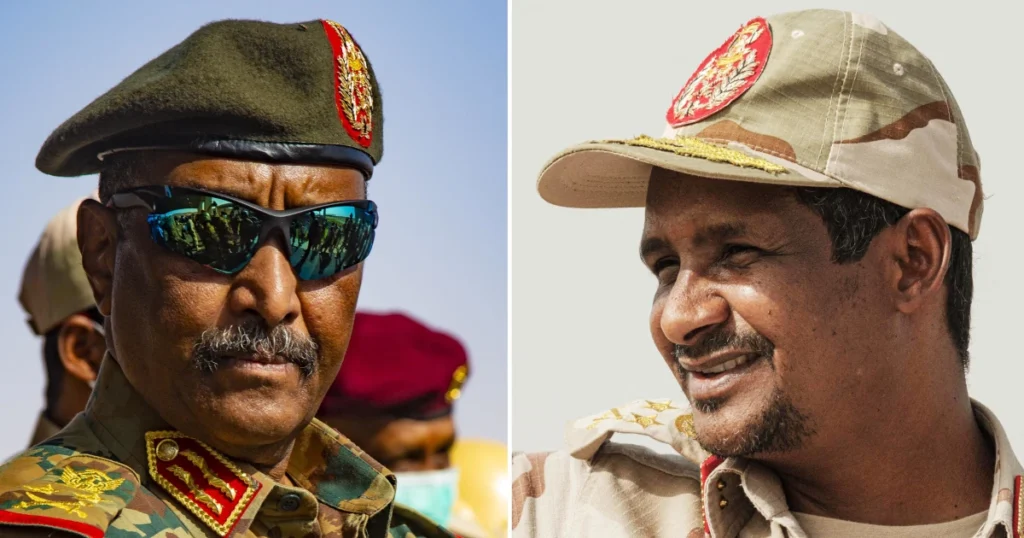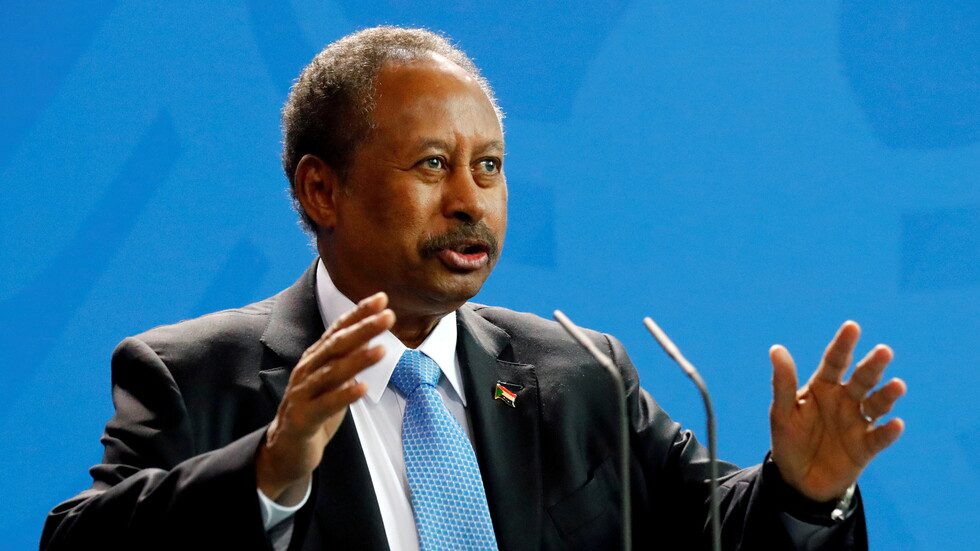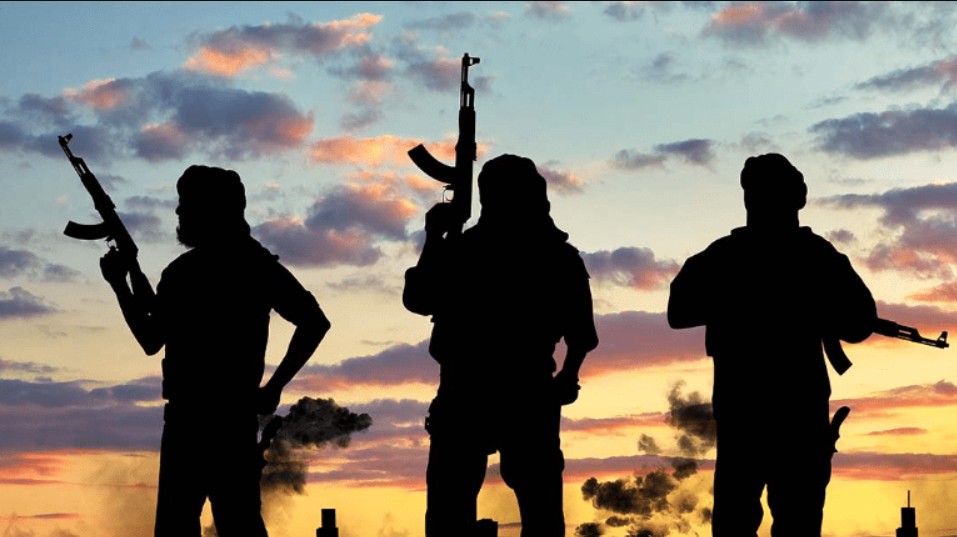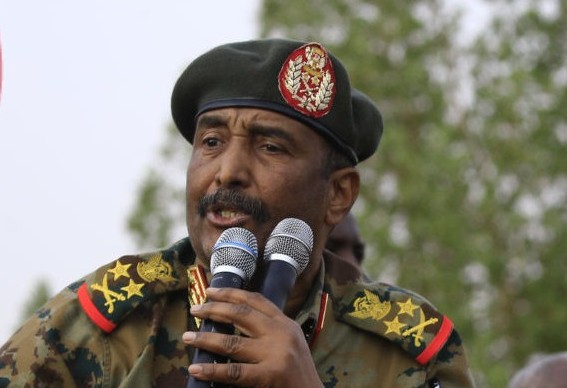
An African civil society forum meeting alongside the African Commission on Human and Peoples’ Rights (ACHPR) adopted a resolution on Saturday condemning the Port Sudan junta and Burhan’s army (SAF), alleging they used chemical weapons during the country’s civil war.
The Forum on the Participation of NGOs at the ACHPR’s 85th session said its motion — described as unprecedented by organisers — followed extensive debate despite attempts by representatives aligned with Port Sudan junta and the military to delay or derail it.
The forum’s decision was cleared by its internal resolutions committee and will be submitted to the ACHPR’s 85th session in the name of the forum, framing it as a collective stance by African civil society against grave violations in Sudan, foremost among them the alleged use of chemical agents.
The text says Sudan, a state party to the Chemical Weapons Convention, breached its treaty obligations, which legally prohibit the development, production and use of such weapons. Citing the African Charter and international instruments on chemical-weapons bans, the forum voiced deep concern over reports of alleged use in Khartoum, Gezira, Sennar and Darfur states.
It also referenced a July 10, 2025 statement by Sudan’s foreign ministry rejecting the accusations as unfounded, calling that response “insufficient” and lacking concrete steps for independent investigation or monitoring. The forum urged “tangible measures” to ensure transparency and accountability.
The resolution follows a statement the United States said it issued earlier this year asserting it had documented information indicating Sudan’s army used chemical weapons in 2024. According to U.S. State Department spokesperson Tammy Bruce, Washington imposed measures on the Port Sudan authorities beginning June 6, including restrictions on U.S. exports to Sudan and limits on financial borrowing.
Civil society groups said the Banjul move is a fresh victory for rights advocates seeking to halt ongoing abuses during the conflict in Sudan and could open the door to wider international actions aimed at protecting civilians and preventing renewed use of internationally prohibited weapons.

